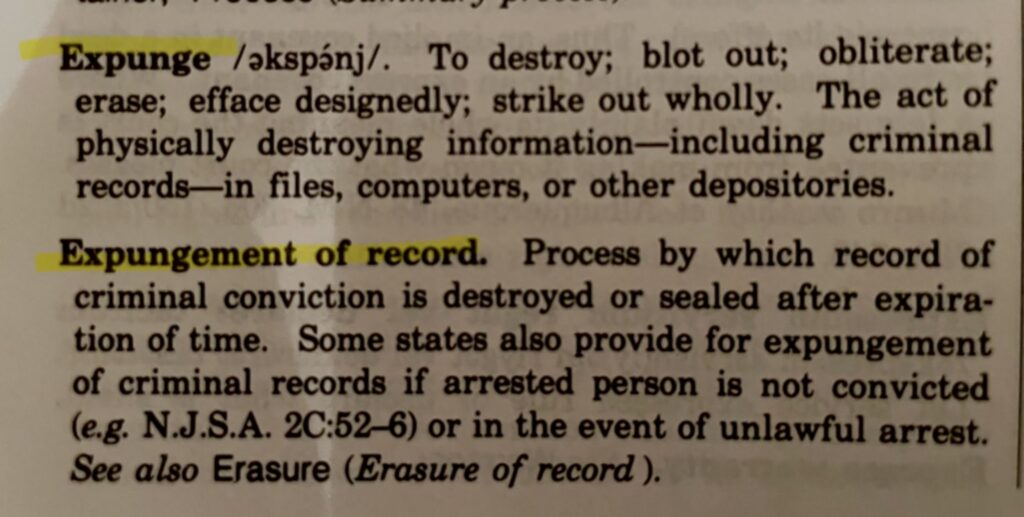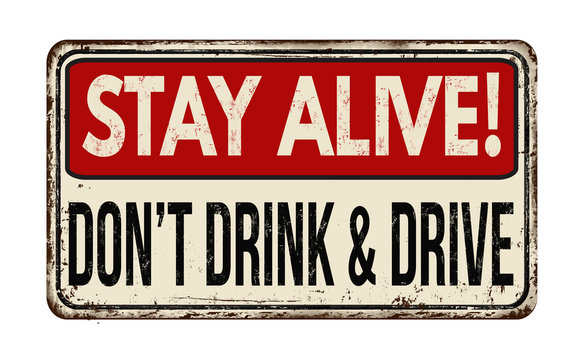2024 St. Patrick’s Day – Booze It & Lose It Campaign
March 15th, 2024
St. Patrick’s Day, a holiday known for its vibrant green festivities, cheerful parades, and jovial gatherings, is celebrated by millions around the world every year. However, amidst the revelry and merrymaking, there’s a darker side that often gets overshadowed: the dangers of drunk driving. As we gear up to celebrate St. Patrick’s Day, it is crucial to remember the importance of responsible drinking and the serious consequences of getting behind the wheel while intoxicated.
St. Patrick’s Day commemorates the patron saint of Ireland, St. Patrick, and the arrival of Christianity in Ireland. What began as a religious feast day has evolved into a global celebration of Irish culture, marked by parades, traditional music, dancing, and, of course, the wearing of green attire. It is a day when people of all backgrounds come together to celebrate Irish heritage and enjoy the festivities.
Unfortunately, St. Patrick’s Day has also become associated with a rise in alcohol-related incidents, particularly drunk driving accidents. According to the National Highway Traffic Safety Administration (NHTSA), alcohol-related fatalities tend to spike around this holiday. In 2019, for example, 51% of all traffic fatalities on St. Patrick’s Day involved drunk drivers with blood alcohol concentrations of 0.08% or higher.
The consequences of drunk driving can be devastating, both for the driver and for others on the road. Not only does it put the driver at risk of injury or death, but it also endangers the lives of innocent bystanders and other motorists. Moreover, the legal repercussions of drunk driving can be severe, including hefty fines, license suspension, and even jail time. Beyond the legal consequences, the emotional toll of causing harm to oneself or others can be immense and long-lasting.
While it is perfectly fine to enjoy a few drinks and celebrate with friends and family, it is essential to do so responsibly. Here are some tips for celebrating St. Patrick’s Day safely:
If you are going out to celebrate, plan your transportation in advance. Designate a sober driver, use public transportation, or arrange for a ride-sharing service to ensure you get home safely.
Enjoy your drinks in moderation and alternate alcoholic beverages with water or non-alcoholic drinks to stay hydrated.
If you notice someone who has had too much to drink, intervene and help them find a safe way home. Never let a friend or loved one drive drunk.
Do not succumb to peer pressure to drink excessively. Remember that it is okay to say no and stick to your limits.
There are various smartphone apps available that can help you find a sober ride home or track your alcohol consumption throughout the night.
In an effort to deter those who have been drinking from getting behind the wheel, law enforcement officers statewide will be on patrol and set up DWI checkpoints – the Booze-it-and-Lose-it campaign for the St. Patrick’s Day holiday began on Monday, Mar. 11, 2024, and will run through Sunday, March 17, 2024.
However, should you or someone you know receive a traffic ticket, get into a fender bender, serious accident, or receive a DUI/DWI, call us at 910-793-9000 for a confidential consultation.
Stay safe, Wilmington!









